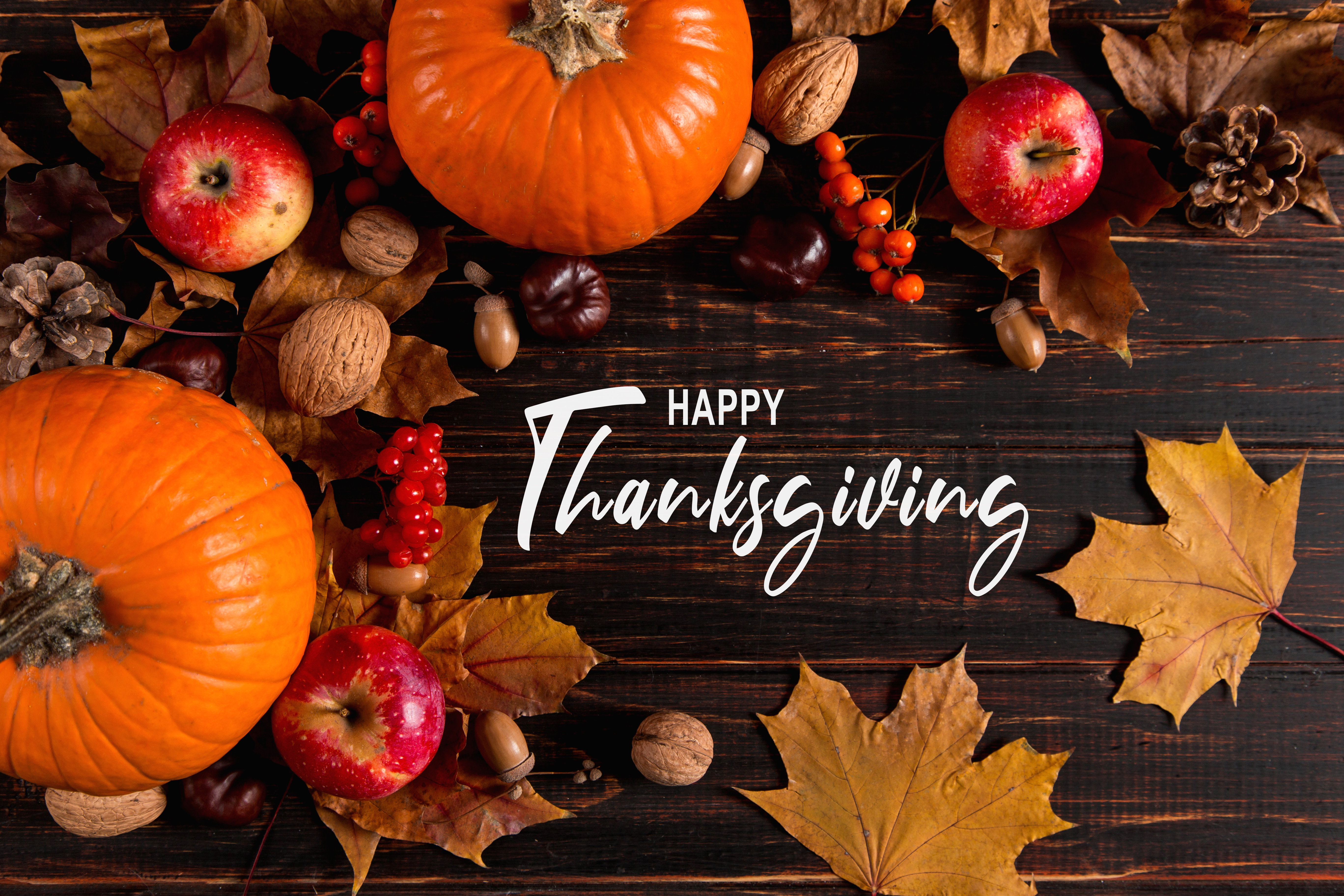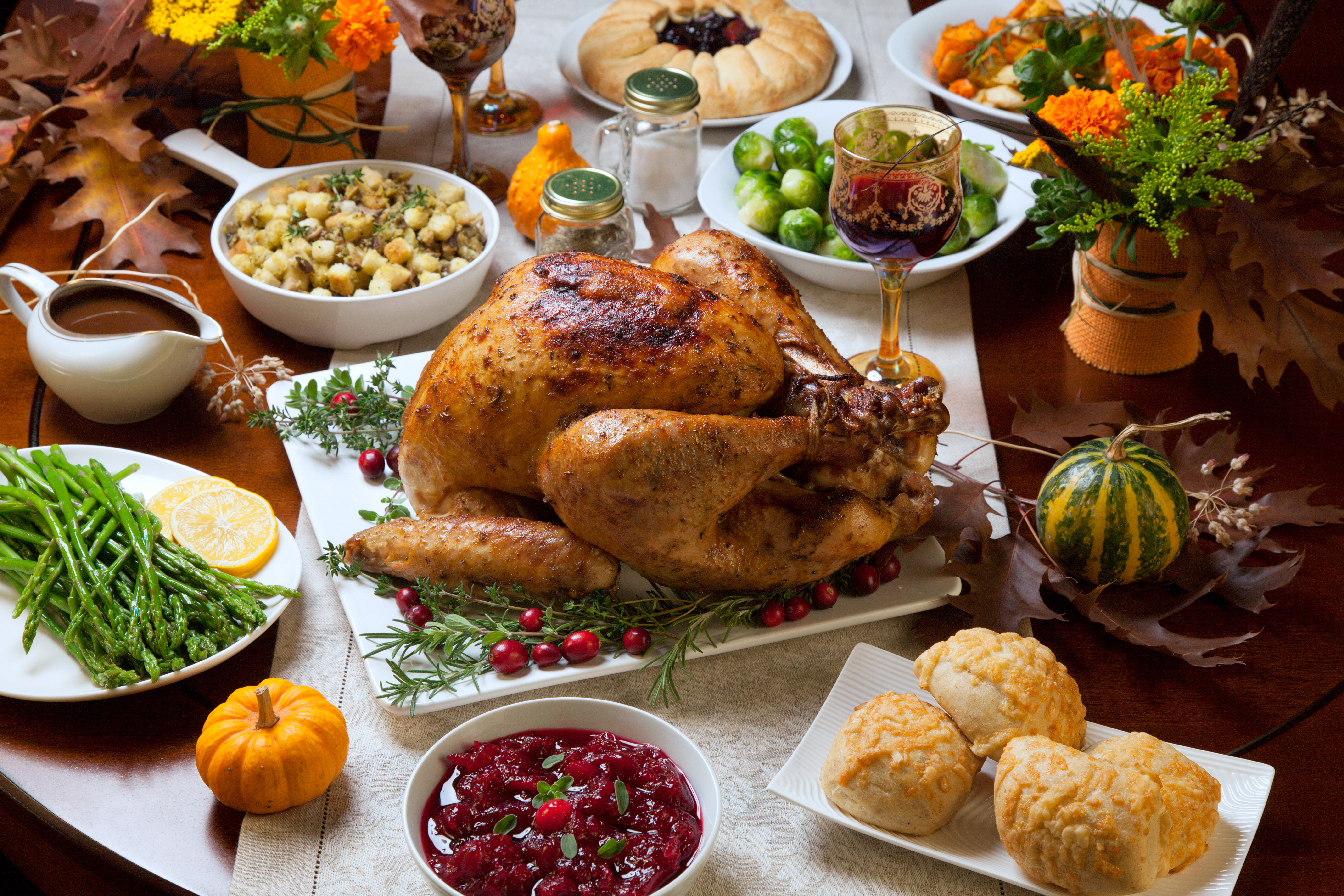
The Propositions and Premise of Thanksgiving
Published November 20, 2023
As we approach the Thanksgiving holiday, believers understand that this event on our calendars should be God-centered and focused. The Lord is the source of all our blessings, and we should be giving Him all the gratitude and thanksgiving He requires and deserves.
Psalm 100 was penned to help us do just that, highlighting five principles of thanksgiving to help align our hearts in a spirit of thanks to our God. We first covered the Proclamation, Practice, and Place of Thanksgiving. In this final post, we will cover the final two principles contained in this psalm.
The fourth principle is the Propositions of Thanksgiving.
Verse 3. “Know that the LORD Himself is God; it is He who has made us, and not we ourselves; we are His people and the sheep of His pasture.” The Psalmist says there are basically two propositions, two truths, we need to know to give God thanksgiving properly. We must know that He is the Creator and that we belong to Him.
The first thing has to do with who God is. The Psalmist says, “Know that the LORD Himself is God; it is He who has made us, and not we ourselves.” The word LORD there is the divine name: Yahweh. The point is that the God of Israel is the Creator. He is the true God, and He is the One who has made us. True thanksgiving begins with a recognition that Jesus Christ, who is Yahweh, is the true God and the Creator of all that exists. This is why, as I mentioned at the beginning of this series, thanksgiving is always kind of an awkward holiday for unbelievers, because if we don’t start with this truth, we go wrong immediately. In directing Israel to give thanks to God, the Psalmist commands them to know that He is the Creator.
The Psalmist also charges his readers to recognize their covenant relationship with God. He says, “We are His people and the sheep of His pasture.” When God gave Abraham the covenant of circumcision in Genesis 17, He ended His formal statement about the covenant with these words: “And I will be their God.” This covenant relationship goes beyond the relationship we have with God as our Creator to our relationship with God as a God of grace, and as God our Redeemer. True thanksgiving recognizes that because of the new covenant through Jesus’ blood, we are in covenant with God, and we are His people and His sheep. God is not only our Creator but also our Savior.
The Psalmist commands Israel, and us, to meditate upon these truths and propositions. God is our Creator and Savior. He is the one to whom we are accountable as creatures, and He is the one who has entered into covenant with us through the shed blood of His Son so that we are His people, and He is our God and Shepherd. This thanksgiving, reflect upon who God is as Creator and as Savior. Know that He has made us and realize that we are His because of Christ.
The final principle is the Premise of Thanksgiving.
“For the LORD is good; His lovingkindness is everlasting and His faithfulness to all generations.” Verses 3 and 5 really stand out in the Psalm as the most emphatic verses. Verse 3 because it is in the middle, and verse 5 because it is the ground of our worship of gratitude. This principle is the premise of why we thank God like we do. Not surprisingly, the reasons are rooted in the character of God, who is good.
There is a scene in C.S. Lewis’ The Lion, the Witch and the Wardrobe where Lucy asks Mr. Beaver if Aslan is safe, and Mr. Beaver replies, “Safe? Who said anything about safe? But he is good.” Israel could resonate with that statement. They had seen the goodness of God in overcoming their enemies, but they’d also seen the wrath of God in destroying other Israelites who had rebelled against Him. God to Israel wasn’t safe, but He was good, generous, kind, and trustworthy. He cared for His people as only God can do.
New Testament believers in the early church also knew this truth about God. Through the death and resurrection of Christ we see both that God is good, and that He is not to be trifled with, as Ananias and Saphira found out in Acts 5, when God struck them dead for lying to the Holy Spirit. Though God is not to be trifled with, His people know He is so good to us. He gives us rain, sunshine, warmth, cool weather, food, and all that we need for life and godliness. This thanksgiving, reflect on how God has been good to you in your life.
His faithful love, His covenant love, His lovingkindness is everlasting. His faithfulness to all generations. If there is one thing so wonderful for the believer about God, it is that He is absolutely faithful.
I recall this television show where a couple was getting a divorce, and their adult child said, “What about your vows? Didn’t you mean it?” And the father replied, “Well, we meant it back then.” Aren’t we glad God isn’t like that, looking at us and saying, “You know, I realize I made all these incredible promises to you in Christ, and I really meant it back then, but things have changed, and I’m breaking it off with you.” Aren’t we glad that’s not who God is?
Believers should be so thankful that our God’s love is steadfast, that it’s forever and everlasting, and that His faithfulness endures to all generations. Nothing can separate us from the love of God that is in Christ Jesus our Lord. Why? Because His lovingkindness is everlasting, and His faithfulness endures to all generations.
Five principles of thanksgiving. The proclamation, the practice, the place, the propositions, and the premise of thanksgiving. As we think about these five aspects of gratitude, would God describe us as a thankful people? This Thanksgiving, may God grant all of us clearer understanding of these principles, and greater gratitude in our lives to Him through Christ Jesus, our Lord.




0 Comments